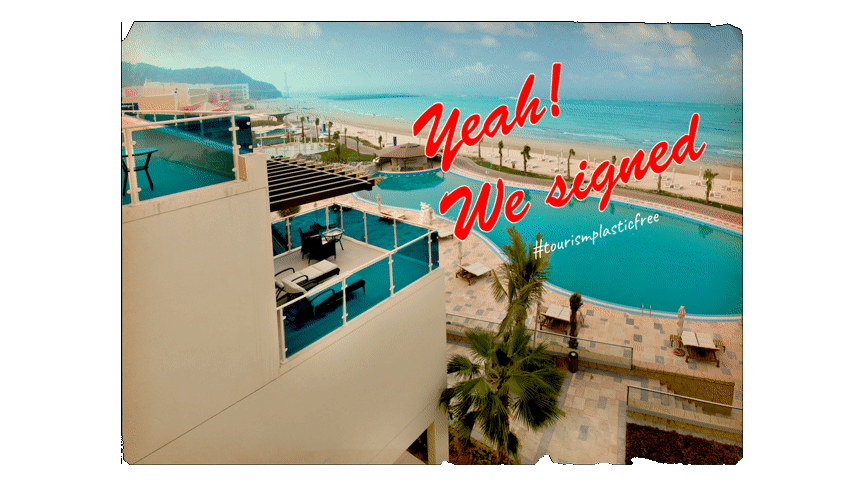The collaboration started in January has led to a new initiative in Mexican establishments to raise guests’ awareness among their carbon footprint.
As part of the work towards environmental information to guests, a joint production of cards with environmental information has been launched between NH Hotel Group and Green Key in Mexico. This initiative aims to generate a positive change in both guests and staff in the first two NH hotels awarded Green Key in Mexico City. Indeed, NH and Green Key collaboration in Mexico focuses on environmental information to guests, one of the 13 criteria areas to comply with to achieve the Green Key award.
Through the joint production of these informative cards, Green Key supports the first Spanish hotel chain’s ambitious sustainability goals. Green Key in Mexico also takes part to the implementation and spreading of eco-friendly practices in Mexican establishments since more NH hotels are underway in the country.
Recently, NH Hotel Group announced to have approved long term goals by the Science Based Targets Initiative, meaning that these goals are reviewed by a scientific committee and are meaningful for the planet. This target set goals to reduce its carbon emission by 20% by 2030 based on 2018 as based-year on all supply chain activities in order to avoid the emission of over 70,000 tons of carbon dioxide into the atmosphere.
As part of its work with sustainability, NH Hotel Group also prioritizes innovation to develop eco-friendly solutions regarding energy, water, responsible suppliers, carbon footprint and climate change. With 46 Green Key awarded NH hotels worldwide, Green Key also supports this large scale transformation involving the entire hotel chain.














